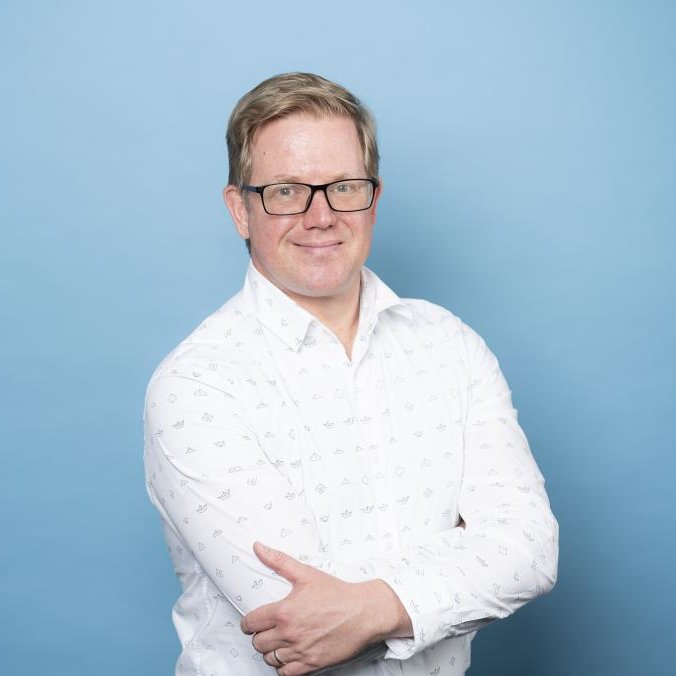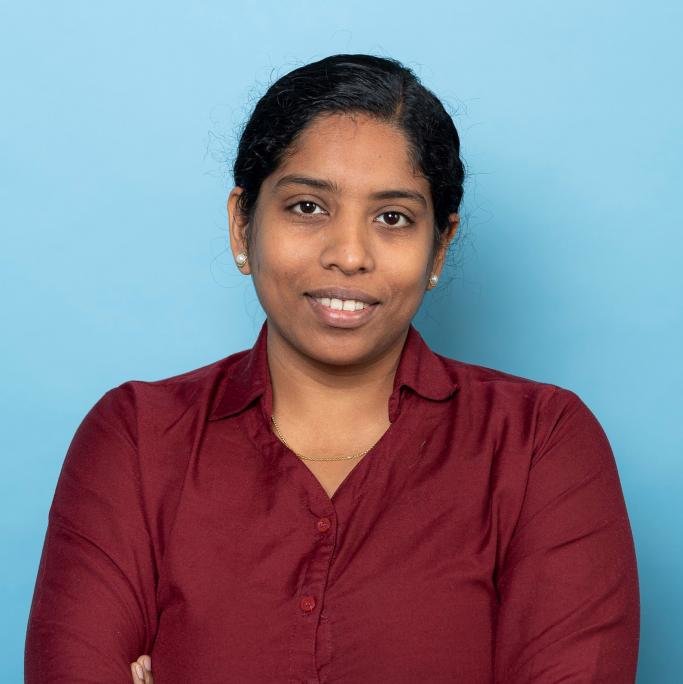Global telecommunications with lasers
NWO funds promising TU Delft project through Open Technology Programme
Lasers communicating from the earth with satellites in the atmosphere: it sounds far-fetched, but it could be a valuable improvement towards connecting remote parts of the world to the internet. TU Delft has raised funding through the Open Technology Programme from the NWO Domain Applied and Engineering Sciences to further explore the potential of this innovation.
The DAILSCOM project
Laser satellite communication is a promising technology to support global access to telecommunication services. But a key technological challenge is atmospheric turbulence (disturbances) which affects the radiation transmission of laser beams and degrades the quality of the optical communication channel. This effect can be mitigated by adaptive optics and geographical diversity. The DAILSCOM project aims to create a geographical map, describing communication channel quality and mapping effective optical channel performance over Europe. As current knowledge about channel performance is limited, the researchers aim to develop new machine learning physics-informed algorithms to map optical link performance.
Researchers from TU Delft
The lead applicant for the NWO funding for this research is Dr Rudolf Saathof, from the Faculty of Aerospace Engineering. Co-applicant from the Faculty of Civil Engineering and Geosciences is Prof Dr Pier Siebesma. From the Faculty of Electrical Engineering, Mathematics and Computer Science, the co-applicants are:
Dr Justin Dauwels
Justin Dauwels started as Associate Professor at TU Delft in January 2021. Prior to this, he was Associate Professor at the School of Electrical & Electronic Engineering at Nanyang Technological University (NTU), Singapore. His research interests are in Bayesian statistics, iterative signal processing and computational neuroscience. Read more
Dr Geethu Joseph
Geethu Joseph is an assistant professor at TU Delft. From 2019 to 2021, she was a Postdoctoral Fellow at the Department of Electrical Engineering and Computer Science, Syracuse University, NY, USA. Her research interests include statistical signal processing, network control and machine learning. Read more
Open Technology Programme
The Open Technology Programme provides funding for application-oriented technical-scientific research that is free and unrestricted and is not hindered by disciplinary boundaries. The programme offers companies and other organisations an accessible way to participate in scientific research that is intended to lead to societal and/or scientific impact.
NWO is contributing over 5.3 million euros to a total of six application-oriented technical-scientific projects. Industry and other organisations are adding almost 600 thousand euros.


